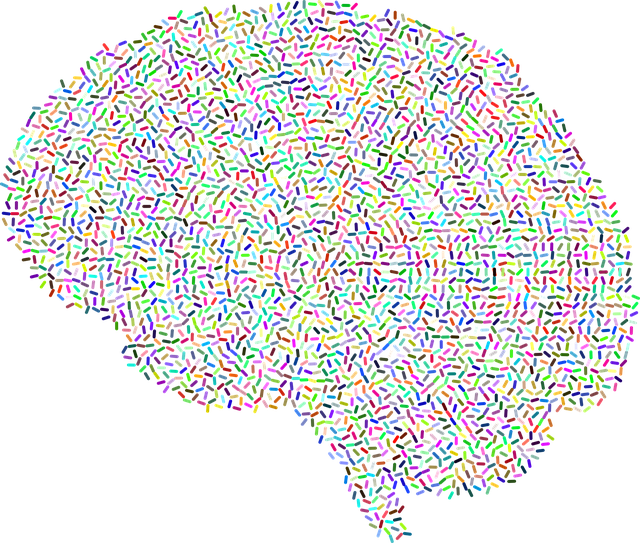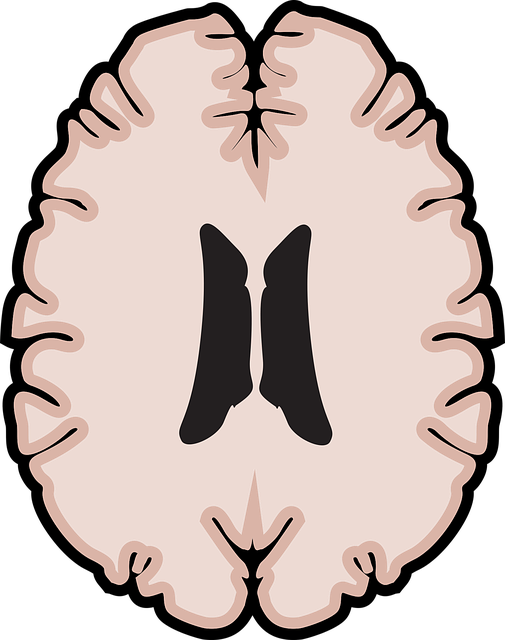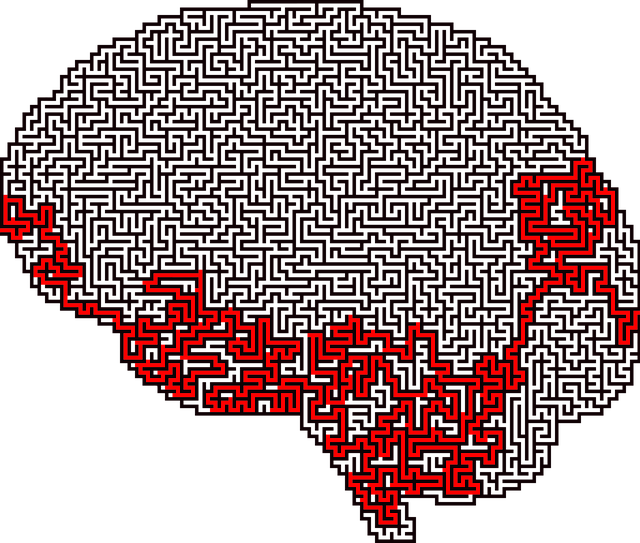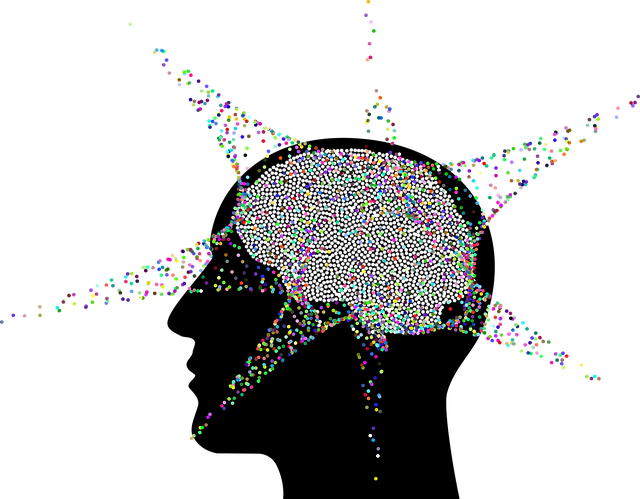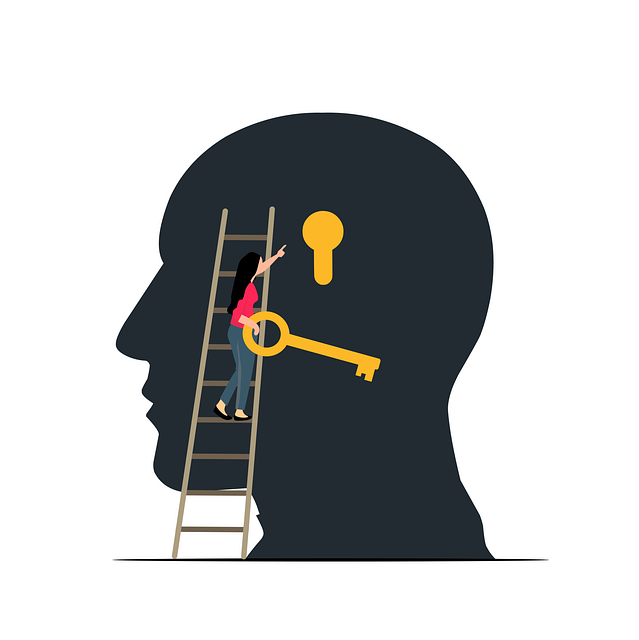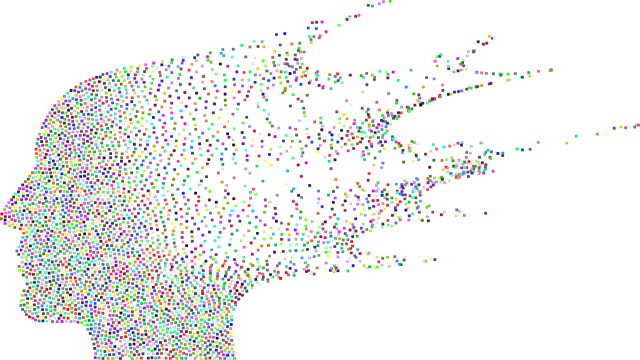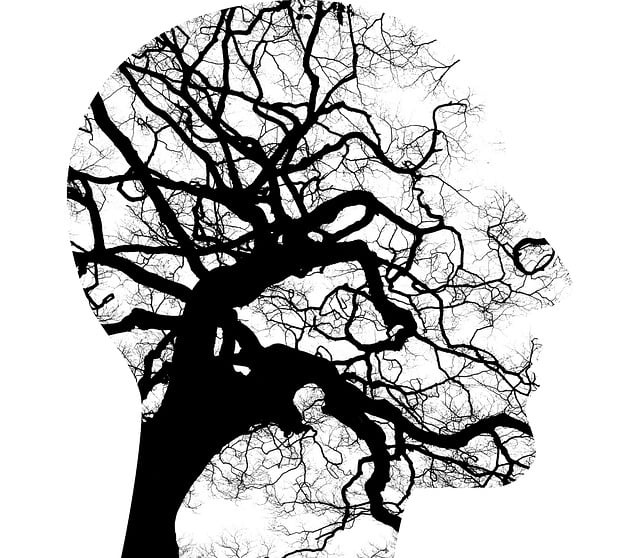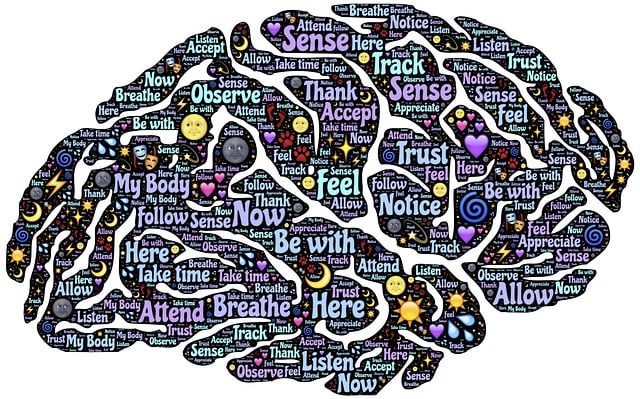Loss, grief, and bereavement significantly impact young children, requiring specialized therapy like biofeedback. This approach, combining techniques such as play therapy, art, and journaling, equips them with coping skills to manage emotions effectively. Biofeedback, a non-invasive tool, helps regulate stress responses and fosters emotional intelligence, offering unique benefits for processing complex grief emotions. Integrating biofeedback into traditional grief counseling enhances holistic support for young individuals, promoting resilience and long-term emotional stability through tailored mental wellness strategies.
Loss, grief, and bereavement can profoundly impact young minds. This article explores these complex emotions, focusing on children’s unique experiences of loss. We delve into the significance of therapy in helping young children navigate their feelings, with a specific emphasis on biofeedback as a powerful therapeutic tool. By understanding children’s grief processes, we can implement effective strategies, such as biofeedback techniques, to foster healing and resilience in this vulnerable population.
- Understanding Loss, Grief, and Bereavement in Children
- The Role of Therapy for Young Children Affected by Loss
- Introduction to Biofeedback as a Therapeutic Tool
- Effective Strategies for Integrating Biofeedback in Grief Counseling
Understanding Loss, Grief, and Bereavement in Children

Understanding loss, grief, and bereavement in children is a delicate yet crucial aspect of counseling. Young individuals experience unique challenges when facing significant life changes due to the death of a loved one. Therapy for young children focused on these themes often incorporates specialized techniques like biofeedback to help them process their emotions effectively. By integrating coping skills development into sessions, healthcare providers enable children to express and manage their feelings constructively, fostering healthy emotional growth despite adversity.
Moreover, conflict resolution techniques play a vital role in this counseling process. Children may struggle with understanding and communicating their feelings, leading to internalized pain or externalized aggression. Teaching them proactive coping mechanisms, such as constructive communication strategies, can prevent burnout not only for the child but also for healthcare providers implementing these strategies. This holistic approach ensures that young individuals develop resilience while navigating the complexities of loss, grief, and bereavement.
The Role of Therapy for Young Children Affected by Loss

For young children experiencing loss, grief, and bereavement, therapy plays a pivotal role in their mental wellness development. The impact of losing a loved one can be profound, affecting their emotional and behavioral well-being. Therapy provides a safe space for these children to process their feelings, whether it’s through play therapy, art, or simply talking about their experiences. This tailored approach helps them make sense of their emotions, fostering resilience building from an early age.
One effective method within the therapy process is biofeedback, which combines mental wellness coaching programs and journaling exercises to teach children guidance in managing stress and anxiety. By participating in these activities, young individuals can develop a better understanding of their bodies’ physical responses to emotions, allowing them to cultivate healthier coping mechanisms. Through the development of mental wellness skills, children can enhance their ability to navigate life’s challenges, promoting long-term emotional stability and overall mental wellness.
Introduction to Biofeedback as a Therapeutic Tool

Biofeedback is a therapeutic tool that offers a unique and non-invasive approach to managing grief and loss, particularly for young children experiencing bereavement. This technique leverages a person’s ability to access and control involuntary bodily functions, which can be especially beneficial in mitigating the intense emotions associated with mourning. By providing real-time feedback on physiological responses, biofeedback enables individuals to develop self-awareness exercises that foster emotional intelligence and empathy building strategies.
For therapy for young children, biofeedback serves as a game-changer. It allows them to understand their body’s reactions during stressful or emotional situations, promoting better coping mechanisms. Through various self-awareness exercises tailored to their age, kids can learn to recognize and regulate their feelings, thereby enhancing their overall well-being. This is particularly valuable in addressing the complex emotions that often accompany loss and grief.
Effective Strategies for Integrating Biofeedback in Grief Counseling

Integrating biofeedback into grief counseling offers a powerful approach to support individuals, especially young children, navigating loss and bereavement. This non-invasive technique empowers clients by providing them with a greater sense of control over their physiological responses to stress and emotions associated with grief. During sessions, biofeedback equipment helps individuals visualize and understand their body’s reactions, fostering awareness and promoting relaxation techniques.
For therapy targeting young children, biofeedback becomes an engaging tool. It enables them to learn coping skills development by associating specific feedback with their emotional states. This strategy encourages positive thinking and provides a proactive method for risk management planning in mental health professional settings. By combining biofeedback with traditional grief counseling methods, therapists can offer comprehensive support tailored to individual needs.
Loss, grief, and bereavement can profoundly impact young children, but specialized therapy, such as biofeedback, offers a promising approach to help them navigate these challenging emotions. By integrating biofeedback techniques into grief counseling, therapists can empower children to understand and manage their feelings, providing them with valuable coping strategies for life. This holistic method ensures that young individuals receive the necessary support to heal and thrive despite adversity.


